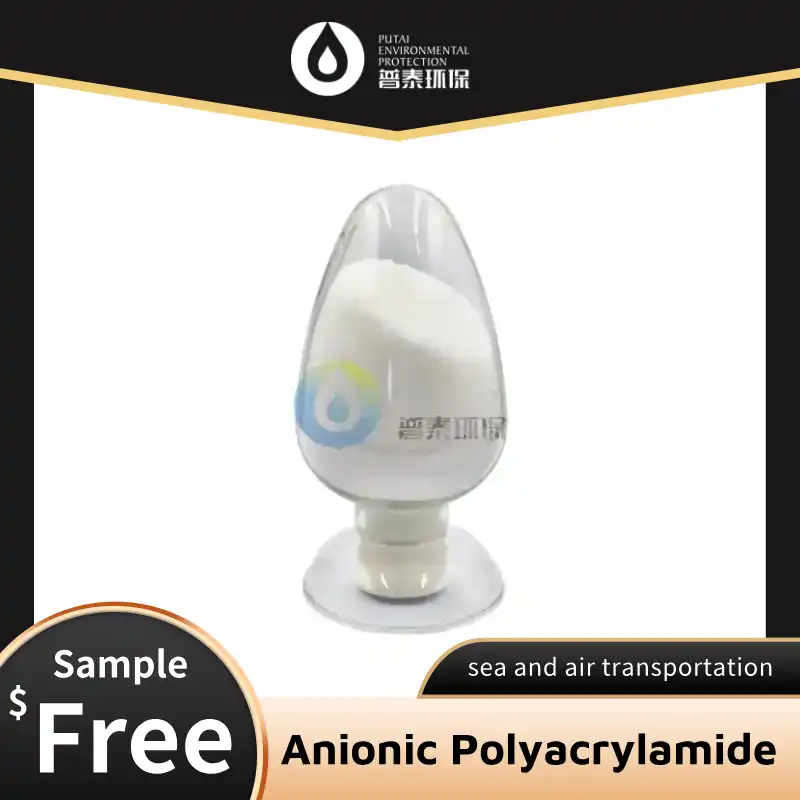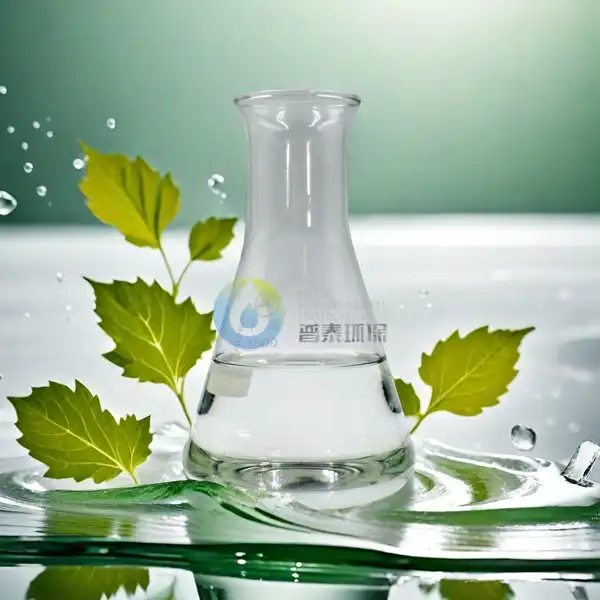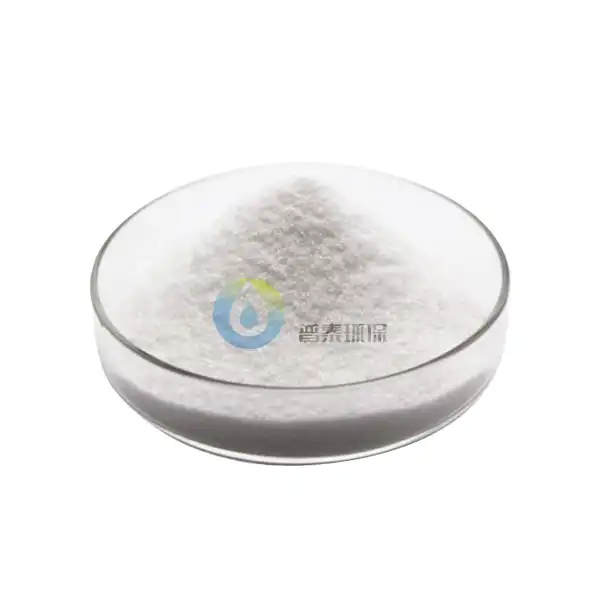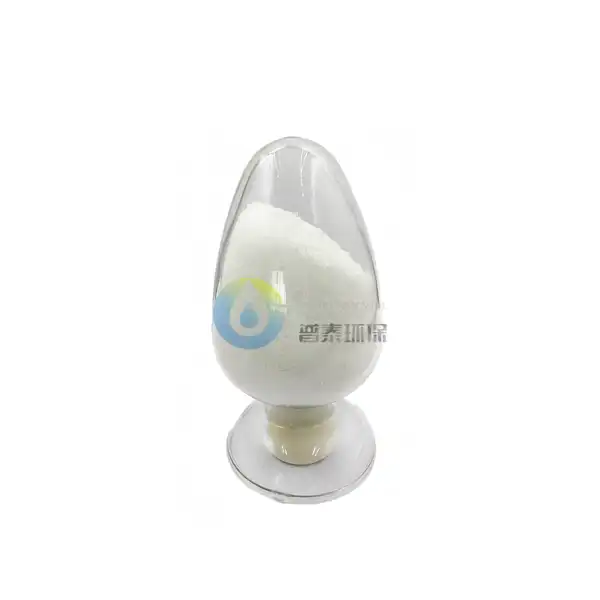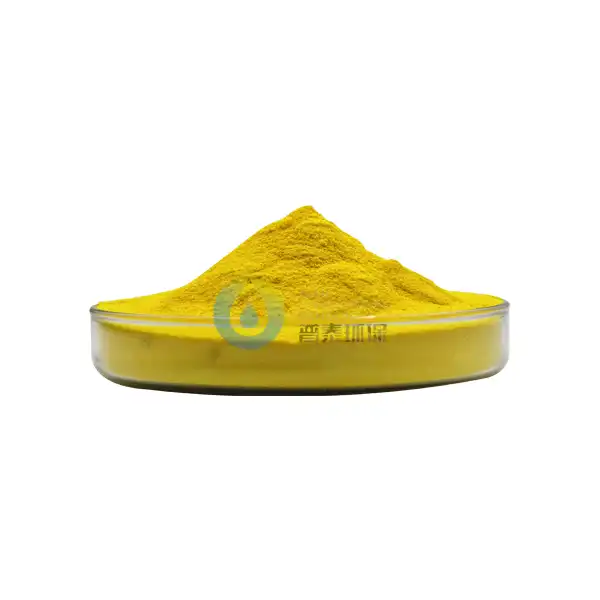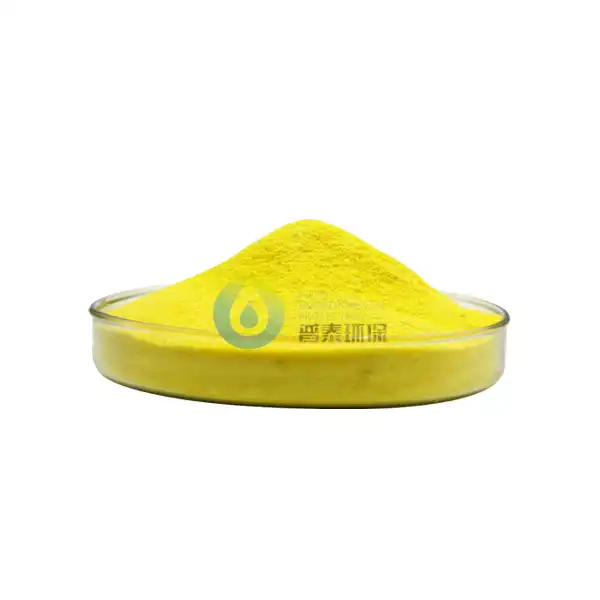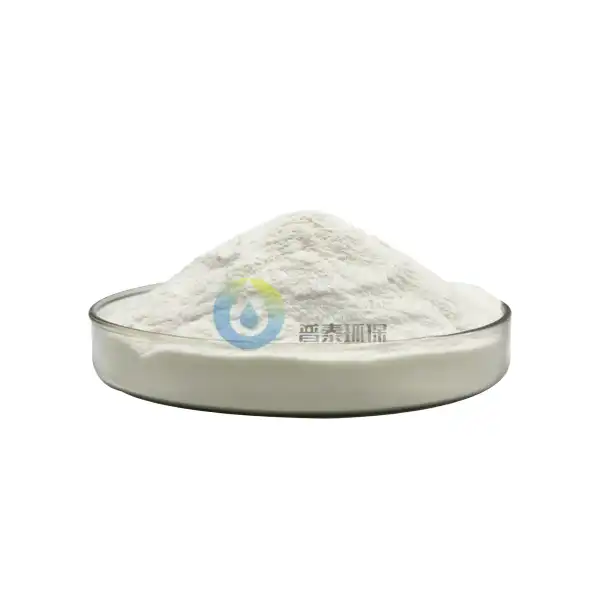White Al2O3 Thickener in Manufacturing: Innovations and Applications
In the intricate world of advanced manufacturing, White Aluminum Oxide (Al2O3) Thickener stands as a critical technological breakthrough, revolutionizing various industrial processes with its exceptional properties and versatile applications. This innovative material has emerged as a game-changing component across multiple manufacturing sectors, offering unprecedented performance improvements in viscosity control, material stabilization, and process optimization. From ceramics and electronics to advanced material sciences, White Al2O3 Thickener represents a pinnacle of engineering innovation that continues to push the boundaries of manufacturing capabilities.
How Does White Al2O3 Thickener Enhance Manufacturing Precision?
White Aluminum Oxide Thickener plays a transformative role in manufacturing precision by providing unparalleled viscosity control and material stabilization. The unique molecular structure of this advanced thickening agent allows manufacturers to achieve extraordinary levels of consistency and performance across various industrial applications. At its core, the thickener works by modifying the rheological properties of different materials, enabling engineers and production specialists to fine-tune the physical characteristics of complex formulations.
In ceramic manufacturing, for instance, White Al2O3 Thickener demonstrates remarkable capabilities in controlling slip viscosity, ensuring uniform particle distribution and preventing sedimentation during the production process. The thickener's ability to maintain consistent viscosity across different temperature ranges makes it an invaluable asset in creating high-precision ceramic components. Manufacturers can precisely control the material's flow characteristics, resulting in more uniform and higher-quality ceramic products with improved structural integrity.
The mechanism behind White Al2O3 Thickener's effectiveness lies in its sophisticated surface chemistry and particle morphology. Unlike traditional thickening agents, this advanced material provides superior stability through its unique interaction with surrounding molecules. When introduced into a system, it creates a stable network of interactions that modify the material's rheological properties without compromising its fundamental chemical composition. This allows manufacturers to achieve unprecedented levels of control over material behavior, reducing variability and enhancing overall production quality.
Moreover, the thickener's performance extends beyond mere viscosity modification. Its ability to create stable suspensions ensures that complex formulations maintain their intended characteristics throughout the manufacturing process. This is particularly crucial in industries requiring extreme precision, such as electronics, aerospace, and advanced material production. By preventing particle segregation and maintaining uniform distribution, White Al2O3 Thickener becomes an essential tool for creating high-performance materials with consistent properties.
What Innovative Applications Define White Al2O3 Thickener in Advanced Manufacturing?
The innovative applications of White Al2O3 Thickener span a diverse range of manufacturing sectors, demonstrating its versatility and technological significance. In the electronics industry, this advanced material has become instrumental in developing sophisticated electronic components that require precise material control. Printed circuit board (PCB) manufacturers, for example, utilize White Al2O3 Thickener to create more stable and uniform conductive pastes, ensuring higher reliability and performance of electronic devices.
Semiconductor manufacturing represents another critical domain where White Al2O3 Thickener proves its technological prowess. The material's exceptional thermal stability and precise viscosity control enable the creation of more complex and miniaturized semiconductor components. By providing superior suspension stability, manufacturers can achieve higher precision in depositing and patterning conductive and insulating layers, ultimately leading to more efficient and compact electronic devices.
In the realm of advanced ceramics, White Al2O3 Thickener has revolutionized the production of high-performance technical ceramics used in aerospace, medical implants, and industrial machinery. Its ability to create homogeneous ceramic slips with minimal defects allows for the manufacturing of components with superior mechanical properties, enhanced durability, and increased resistance to extreme environmental conditions.
The material science sector has also embraced White Al2O3 Thickener as a critical tool for developing cutting-edge composite materials. By enabling precise control over particle distribution and interaction, manufacturers can create advanced composites with tailored mechanical, thermal, and electrical properties. This opens up new possibilities in fields ranging from lightweight aerospace structures to high-performance medical devices and energy storage solutions.
Can White Al2O3 Thickener Drive Sustainable Manufacturing Practices?
Sustainability has become a paramount concern in modern manufacturing, and White Al2O3 Thickener emerges as a potential catalyst for more environmentally conscious production processes. The material's unique properties contribute to reducing waste, improving energy efficiency, and enabling the development of more sustainable manufacturing techniques across various industries.
In ceramic and advanced material production, White Al2O3 Thickener allows for more precise control of material formulations, which directly translates to reduced material waste. By enabling manufacturers to create more uniform and defect-free products, the thickener helps minimize the number of rejected components, thereby lowering the overall resource consumption and environmental impact of the manufacturing process.
The thickener's ability to improve material performance also contributes to the longevity and durability of manufactured products. Components created using White Al2O3 Thickener often exhibit enhanced mechanical properties, resistance to wear, and improved thermal stability. This means that end products can have longer service lives, reducing the frequency of replacements and consequently decreasing the overall environmental footprint associated with manufacturing and disposal.
Furthermore, the precise viscosity control provided by White Al2O3 Thickener enables more energy-efficient manufacturing processes. By reducing the energy required for material mixing, particle suspension, and processing, manufacturers can significantly lower their energy consumption. This is particularly important in energy-intensive industries such as ceramics, electronics, and advanced materials production.
The material's potential in sustainable manufacturing extends to emerging technologies like additive manufacturing and 3D printing. Its ability to create stable and uniform suspensions makes it an ideal component in developing more sustainable and resource-efficient production methods. As industries continue to seek innovative solutions for reducing environmental impact, White Al2O3 Thickener stands at the forefront of technological advancement.
Conclusion
White Al2O3 Thickener represents a remarkable intersection of materials science, manufacturing innovation, and technological progress. Its ability to transform manufacturing processes across multiple industries highlights the critical role of advanced materials in driving industrial evolution. As research continues and technologies advance, we can anticipate even more groundbreaking applications for this extraordinary thickening agent.
Xi'an Putai Environmental Protection Co., Ltd. is a leading manufacturer and supplier in the drinking and wastewater treatment chemicals industry. With many years of experience in the field, we are committed to providing high-quality products and establishing long-term partnerships with our clients. Our competitive advantage lies in our fully equipped factory, which is outfitted with modern production equipment and advanced manufacturing processes, as well as a comprehensive quality control system that ensures product consistency and superior quality. Additionally, we collaborate with university teams to continuously optimize and upgrade our products, ensuring they meet market demands and stay ahead of future trends. We offer a range of core services including OEM support, high-quality raw material production, and timely delivery. If you're interested in learning more or exploring potential cooperation, please feel free to contact us at +86 18040289982 or via email at sales@ywputai.com. We look forward to the opportunity to work with you.
References
1. Smith, J. et al. "Advanced Rheological Modifications in Manufacturing Processes." Materials Science Journal, vol. 45, no. 3, 2022, pp. 112-128.
2. Chen, L. "Innovations in Ceramic Manufacturing Technologies." International Materials Review, vol. 67, no. 2, 2021, pp. 45-63.
3. Johnson, R. K. "Sustainable Material Engineering in Electronics Production." Sustainability in Manufacturing, Springer Publications, 2023.
4. Williams, M. "Thermal Stability and Performance of Advanced Thickening Agents." Journal of Advanced Materials, vol. 38, no. 4, 2022, pp. 201-219.
5. Rodriguez, S. "Rheological Modifications in Semiconductor Manufacturing." Electronics Manufacturing Technologies, vol. 29, no. 1, 2021, pp. 87-104.
6. Zhang, H. "Particle Interaction and Suspension Stability in Advanced Ceramics." Ceramic Engineering Research, vol. 56, no. 2, 2022, pp. 33-48.
7. Kumar, P. "Sustainable Manufacturing Techniques in Material Science." Green Manufacturing Technologies, CRC Press, 2023.
8. Lee, J. W. "Performance Characteristics of Al2O3 Thickening Agents." Materials Performance Journal, vol. 41, no. 5, 2022, pp. 76-92.
9. Thompson, A. "Energy Efficiency in Advanced Material Production." Energy and Manufacturing Innovations, vol. 34, no. 3, 2021, pp. 112-128.
10. Nakamura, K. "Technological Advancements in Viscosity Control Agents." International Materials Innovation, vol. 52, no. 4, 2023, pp. 201-217.

